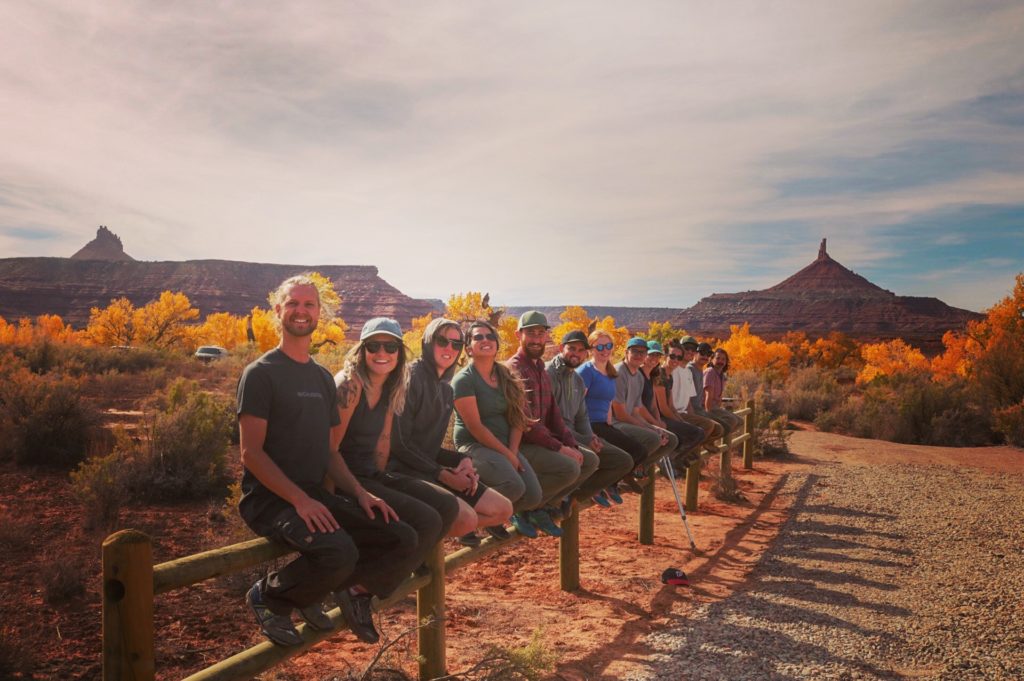When the destruction we witness daily on our public lands becomes disheartening, service work is our most immediate antidote. The dread we experience witnessing drought-death among the piñon-juniper woodlands of southern Utah, or learning of yet another environmentally-destructive policy impacting our public lands, earns reprieve in direct, hands-on service.
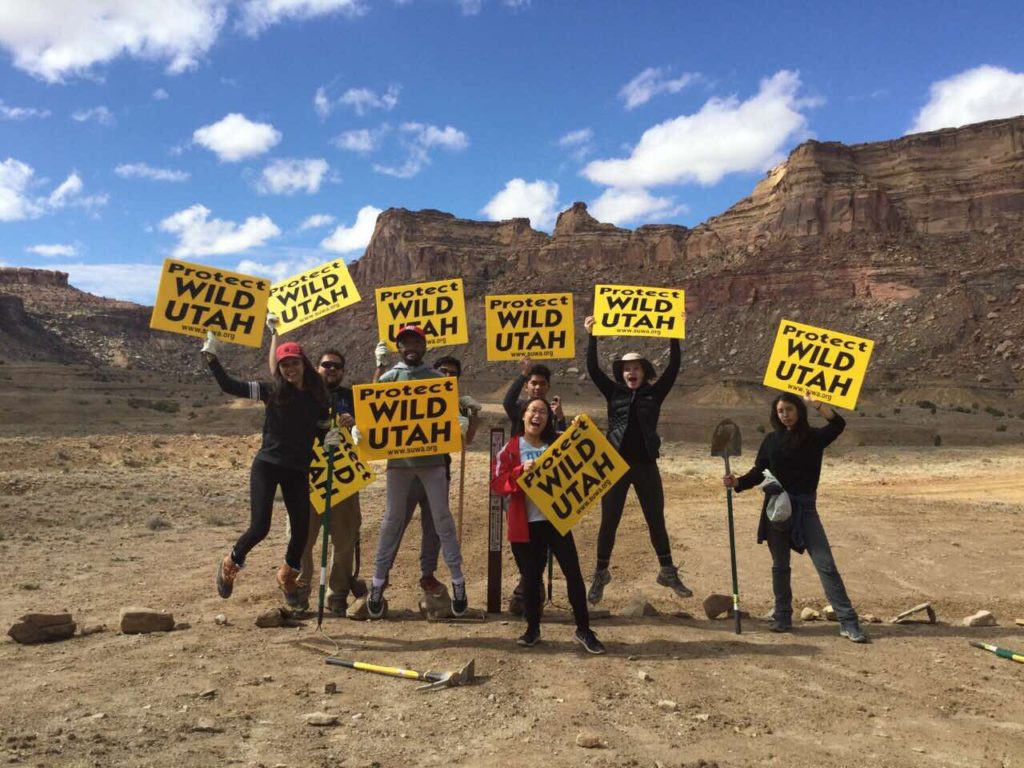 It is a balm for fiery times to convene with those who share our concerns and restore dignity to the landscapes so severely impacted by an “energy dominance” agenda in Washington. We all live at the intersection of environmental and social justice, and our stewardship of wild places is a measure of the health of our human communities.
It is a balm for fiery times to convene with those who share our concerns and restore dignity to the landscapes so severely impacted by an “energy dominance” agenda in Washington. We all live at the intersection of environmental and social justice, and our stewardship of wild places is a measure of the health of our human communities.
SUWA’s service program was created to implement and support appropriate and effective land management practices among the agencies entrusted with protecting wild Utah. We are grateful for our volunteers and the good people in positions of authority willing to do the right thing to ensure that Utah’s wilderness-quality lands remain wild.
Taking Account of Our Accomplishments
In 2018, 226 volunteers joined 21 specialized SUWA service projects across Utah. Our committed crews tackled off-road vehicle (ORV) compliance issues, working hard to reclaim, naturalize and revegetate miles upon miles of closed and illegal routes in the Deep Creek Mountains, the San Rafael Swell, Grand Staircase-Escalante National Monument, the Cedar Mountain Wilderness, and hard-hit WSAs everywhere in between.
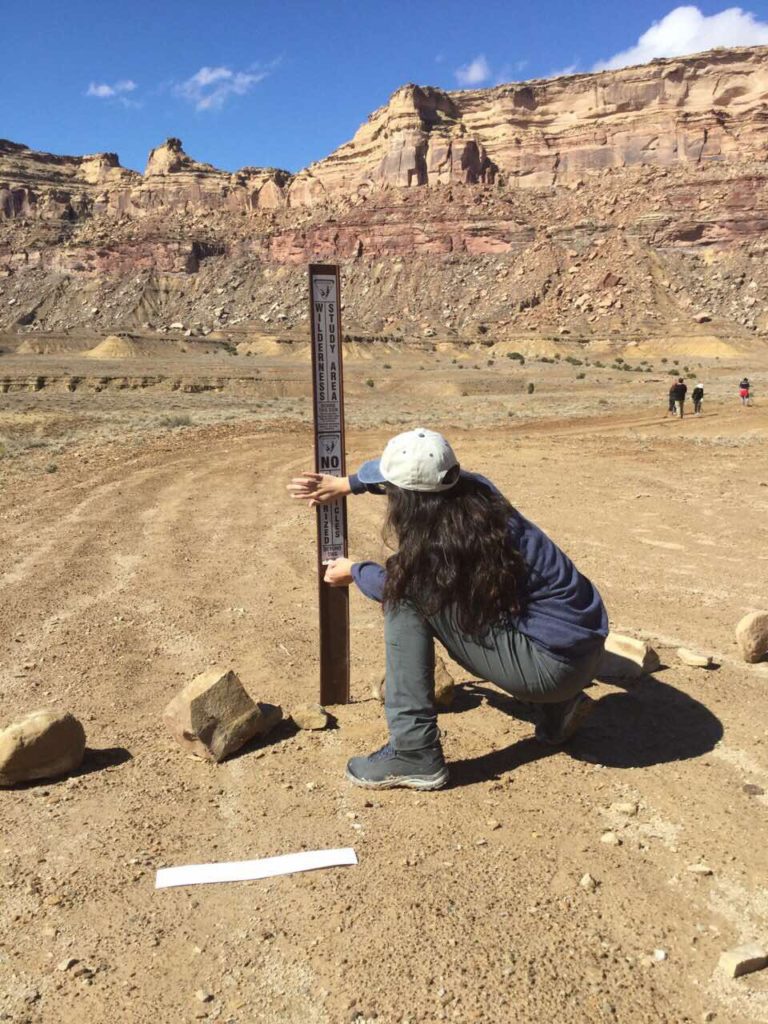
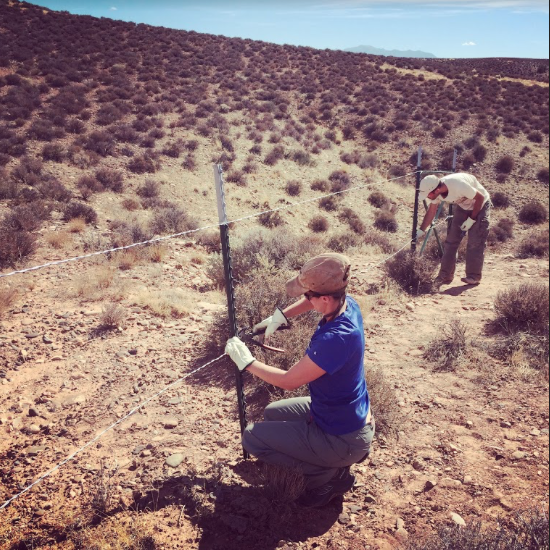
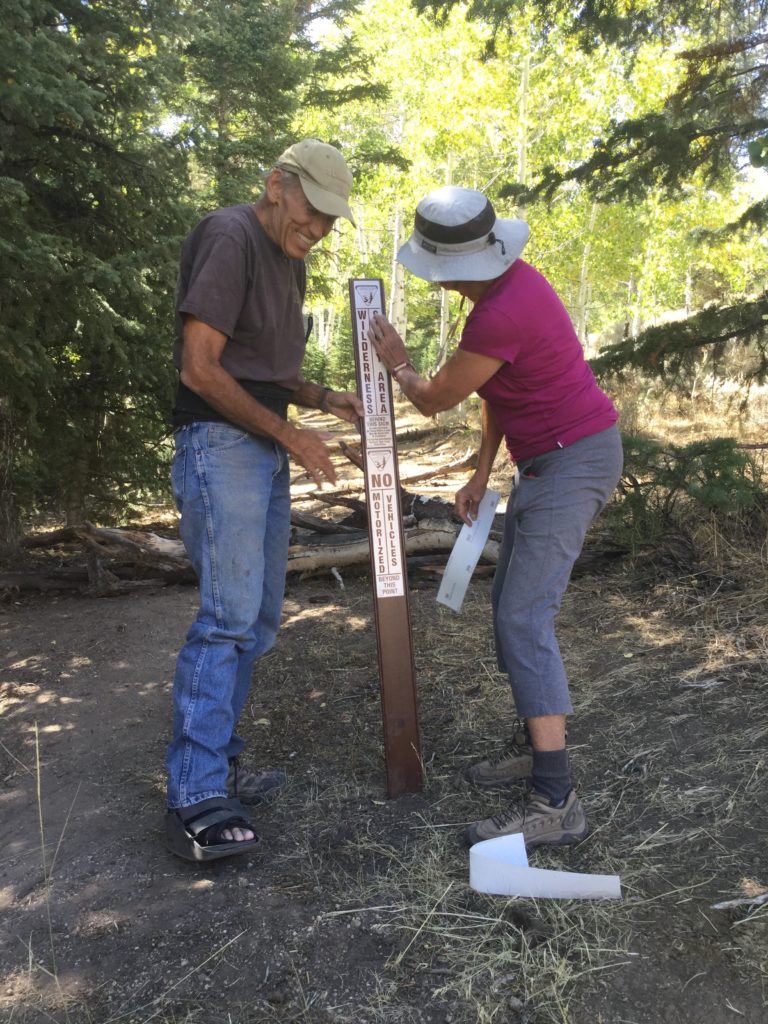
Our volunteers also dismantled and naturalized over 100 nonpermitted campsites scarring the canyons of Cedar Mesa and the Wah Wah, Notch Peak and Swasey Mountain wilderness study areas.
We installed signs and built strategic natural barriers of downed wood and drystacked stone to protect the magnificent wild lands identified in America’s Red Rock Wilderness Act from errant motorized vehicles. Where appropriate, we also built, repaired, or improved over 2,000 feet of boundary and exclosure fence in places like Bears Ears National Monument to protect natural and cultural resources from further degradation by people and—you guessed it—good old fashioned ungulates.
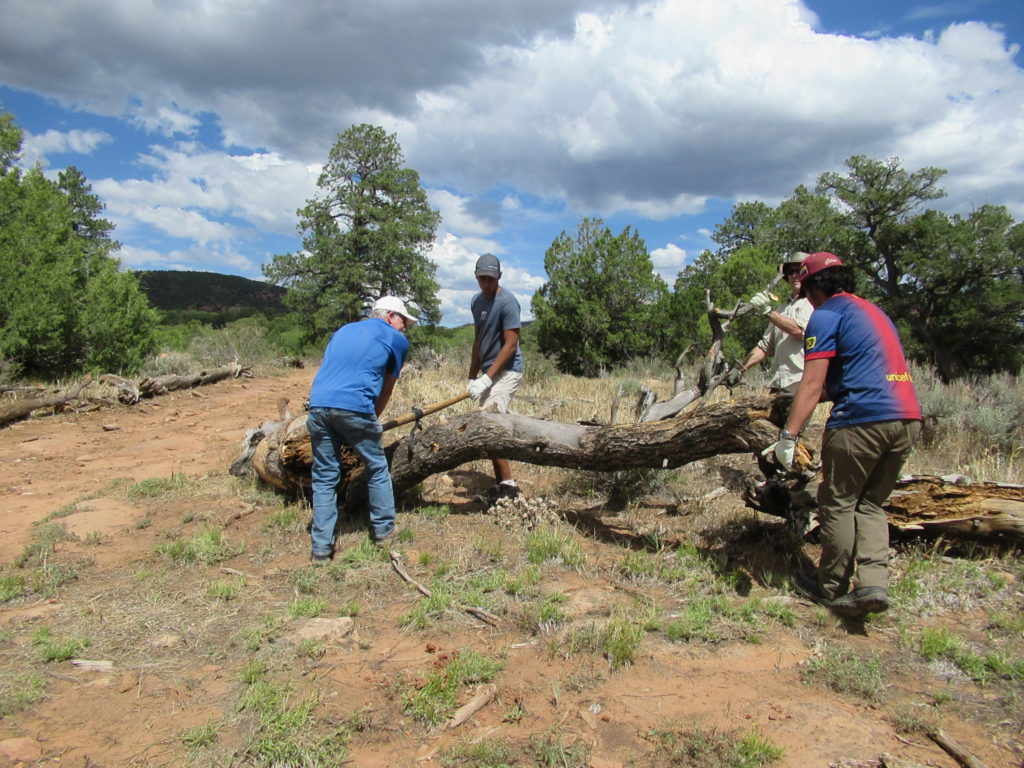
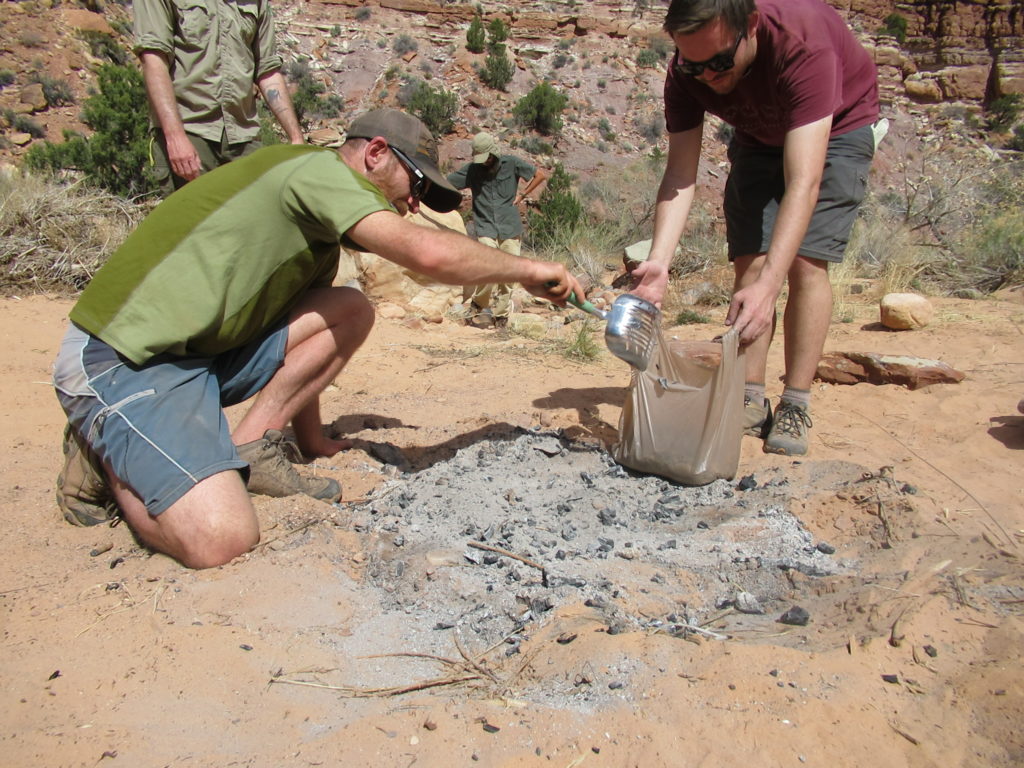
In January, we piloted the Wilderness Stewards—a volunteer-driven initiative to monitor and assess reclamation needs on public lands. Thirty-six Washington County residents attended a two-day session with our field staff and local BLM rangers to train in monitoring the county’s extensive wilderness. In 2019, we will expand our Wilderness Stewards initiative throughout Utah’s counties, working with you to ensure that our public lands are protected.
Essential to our mission (and our future), we increased efforts to provide access to the tools and training necessary to empower Utah’s young people to serve on public lands. We worked with first generation college students from the University of Utah, alternative break students, gap-year high schoolers, and young professionals in Utah’s recreation industry—all with the explicit goal of empowering these rising generations to serve as stewards of our state’s living redrock legacy.
I invite you to register as a Field Volunteer with SUWA this winter and—come Spring—to join us as we continue our work across Utah.
